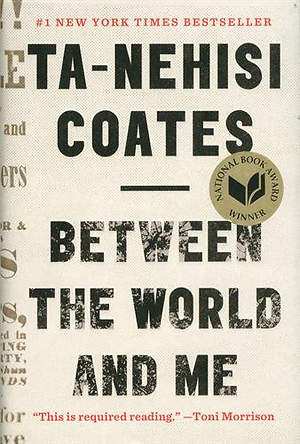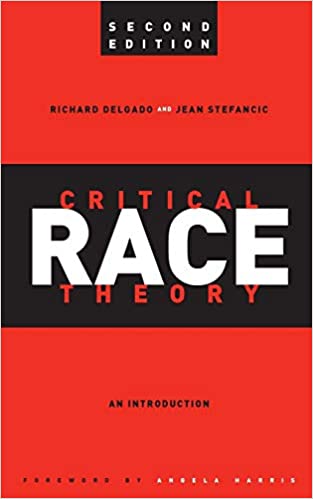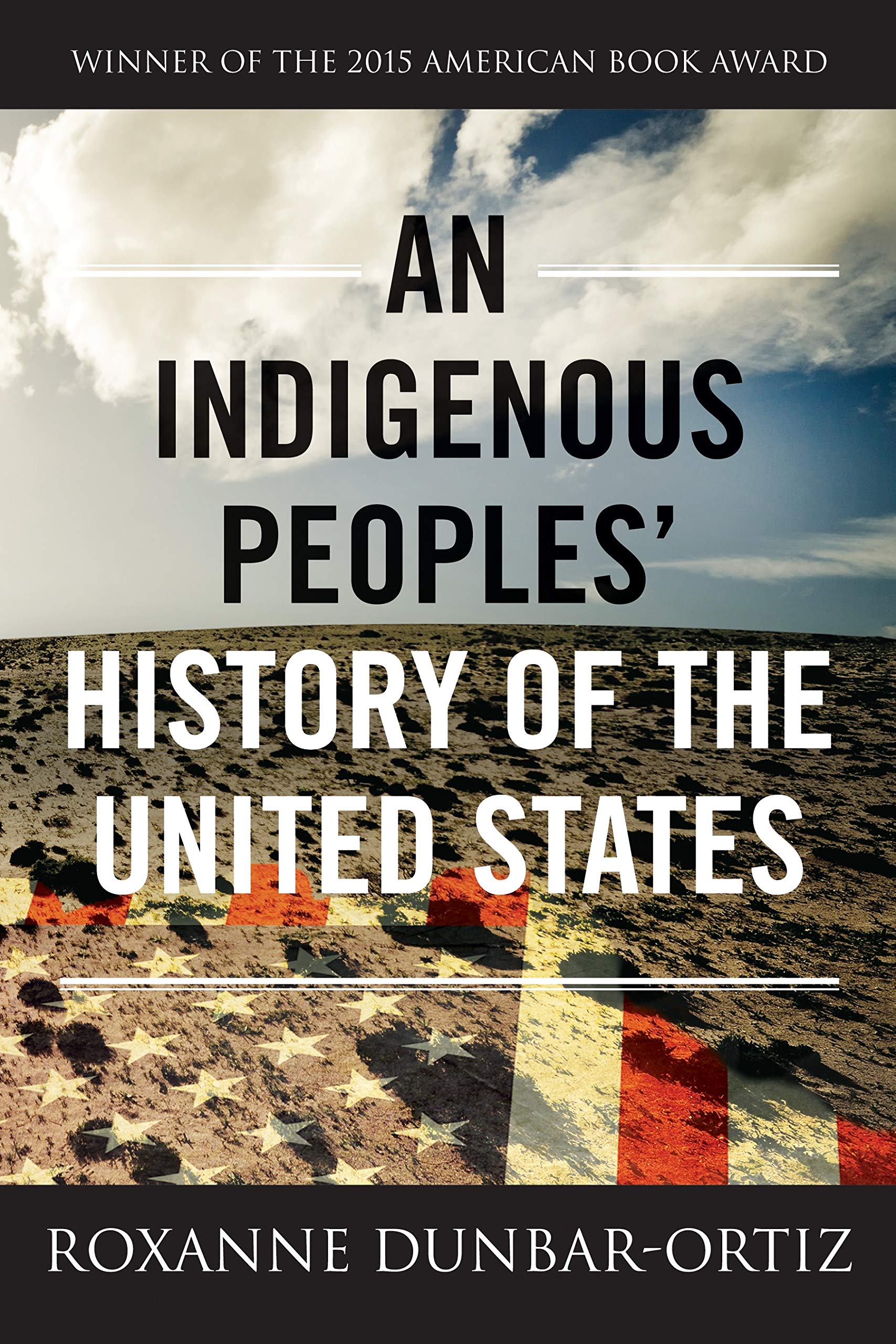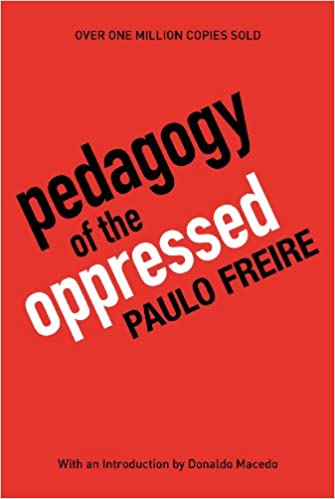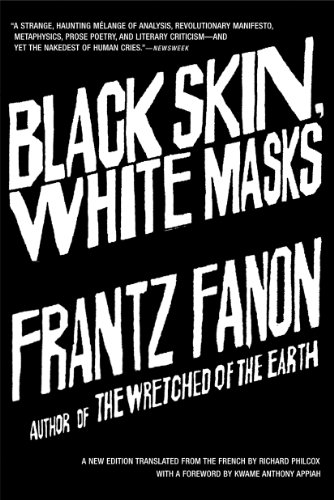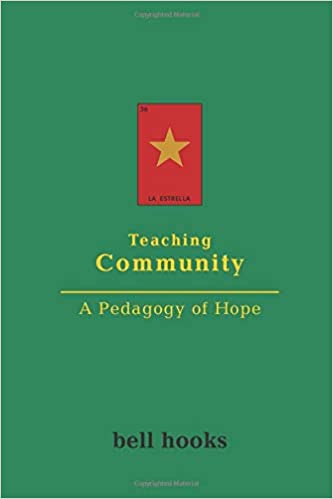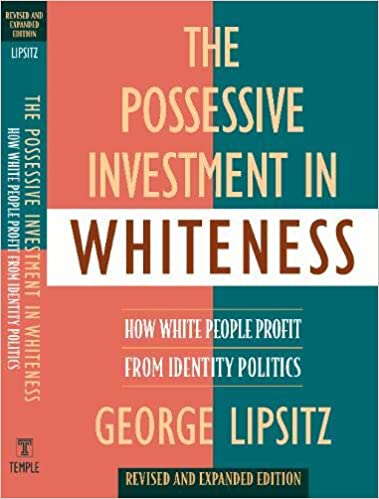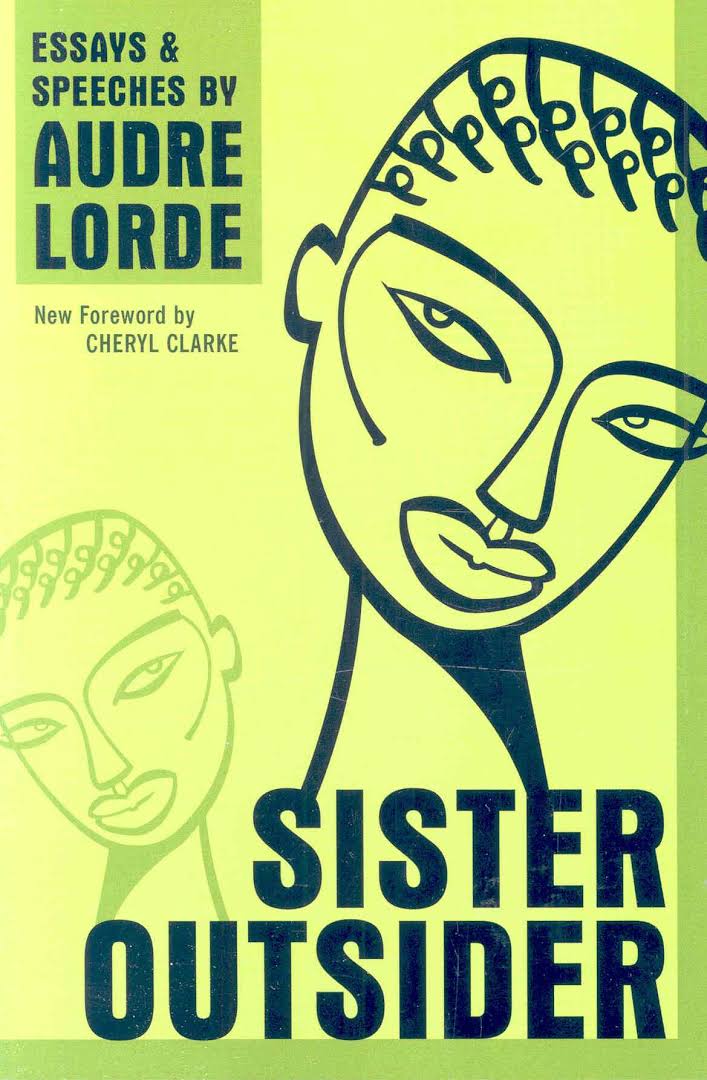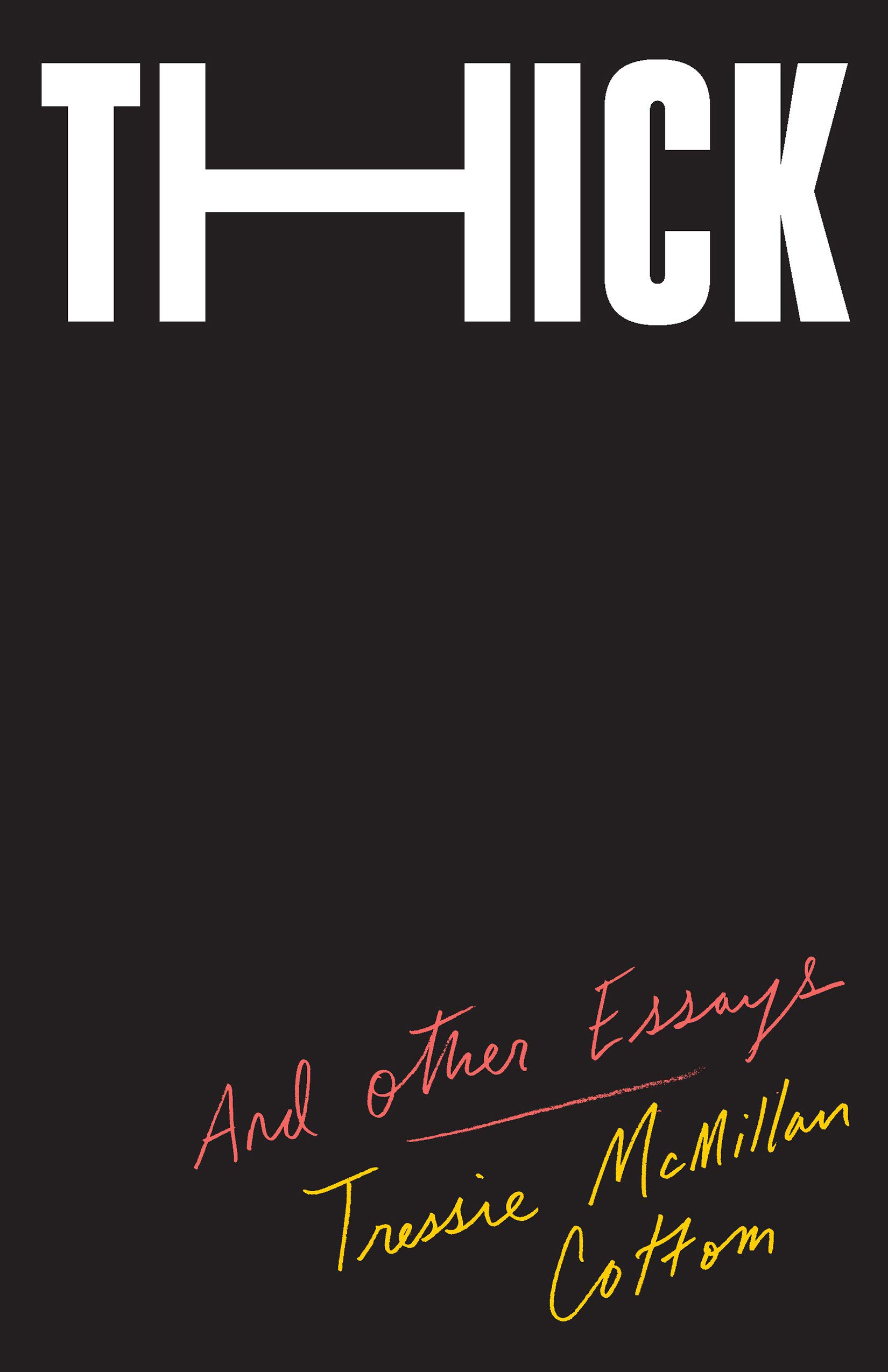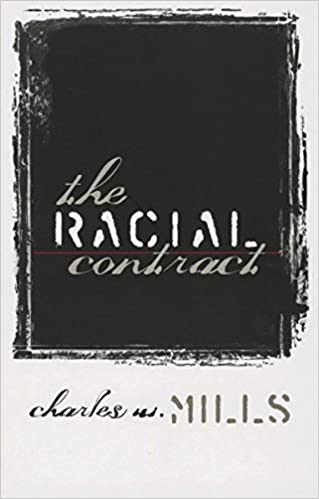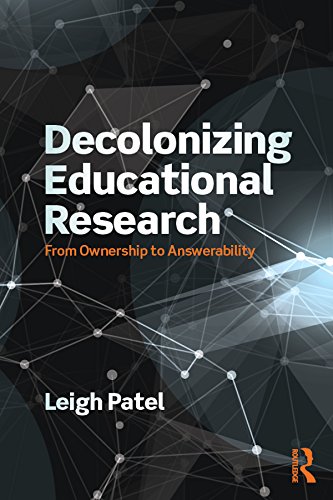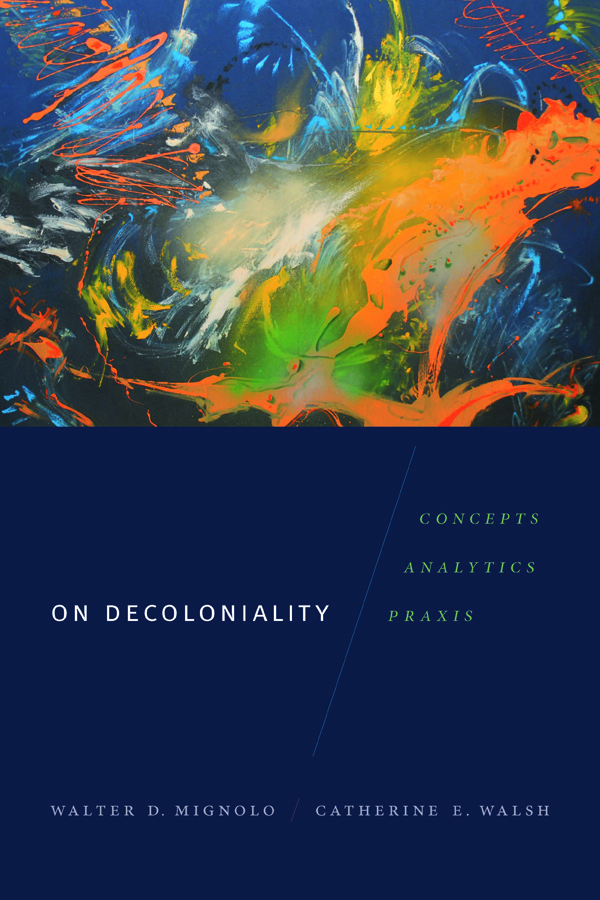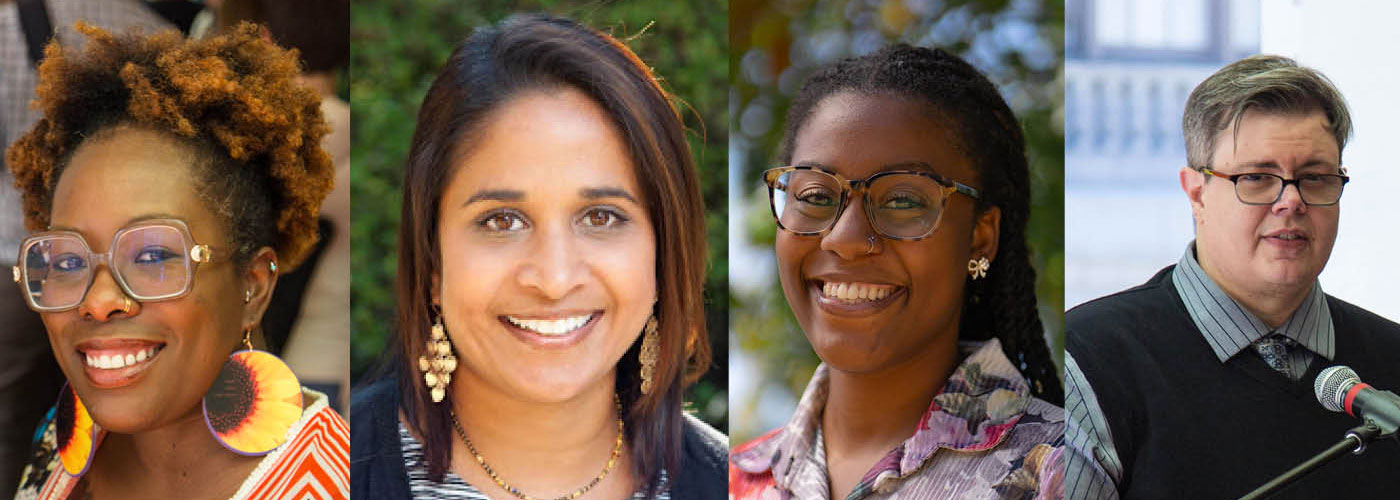
My Language. My Choice.
Words mean things
We choose the words we use to communicate with others. Intentionally or unintentionally. The words we choose can have a negative impact on others. They can be experienced differently given context. We must have the courage to learn in public.
Quick jump to a section:
Anti-Racist
The NAC International Perspectives have defined anti-racism as “the active process of identifying and eliminating racism by changing systems, organizational structures, policies, practices, and attitudes so that power is redistributed and shared equitably.”
Anti-Blackness
Anti-Blackness is a term for those distinct actions, behaviors, and systems that are directed specifically towards dominating or subordinating Black people within U.S. American society. Anti-Blackness includes the act of labeling features of Blackness and Black cultural artifacts—such as clothes, speech, hairstyles, and music—as desirable, without acknowledging the humanity of Black people.
Decolonize
To decolonize is to recognize, reject, and replace the systems implemented by the colonizer. According to Leigh Patel, “Much of this work begins from the assumptions that communities that have been under the heel of colonization hold within them deeper resources and ways of being, refusing to be defined through the colonizer’s terms.”
BIPOC
The intention behind the term BIPOC—which stands for Black, Indigenous, People of Color—is to center the experiences of Black and Indigenous peoples in the United States, while making a distinction between these two groups and other groups of color.
Discussion Questions
1) What is your understanding of:
- Anti-Blackness?
- Anti-Racism?
- Decolonize?
- BIPOC?
2) Provide examples of Anti-Blackness…
- In media?
- In schools?
- In our personal lives?
3) There was a lot of discussion around the role of Black women’s hair in society and culture. How can we be curious about people’s qualities and differences without impeding on the personal space and the humanity of others?
4) What are some examples of ways that you can decolonize…
- Your language?
- An institution or system (e.g., a class or a policy)?
5) We were challenged in the video to decolonize how we introduce ourselves. What are some different forms of introduction, besides name and title?
6) How can the term BIPOC be both inclusive and exclusive?
7) Do we have a responsibility to introduce these words into our vocabulary? Why or why not?
7) What questions do you still have about…
- Anti-Blackness?
- Anti-Racism?
- Decolonization?
- BIPOC?
References
Want to learn more?
Academic programs
These featured academic programs give students essential tools, interdisciplinary resources, and language needed to examine identities and examine expressions of power.
Co-curricular programs
These featured centers at PLU support student learning and engaging in conversations regarding diversity, inclusion, and social justice.

